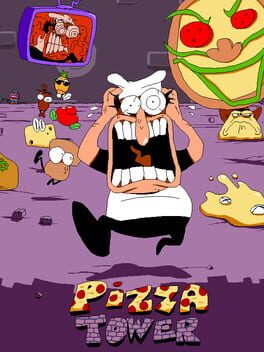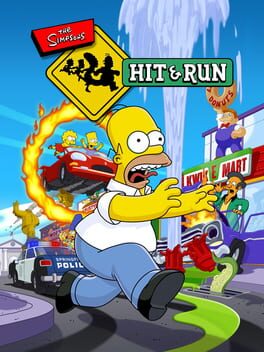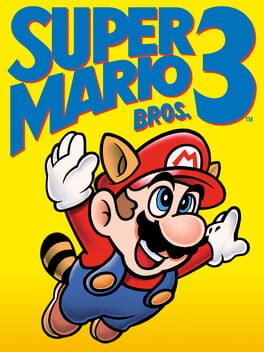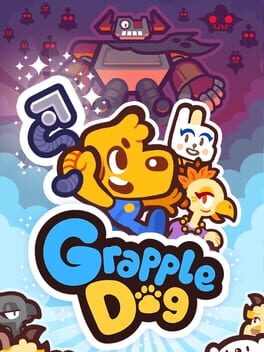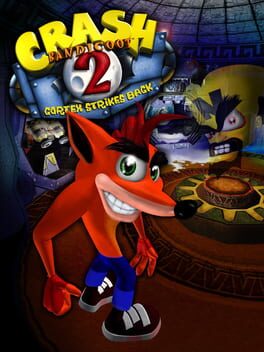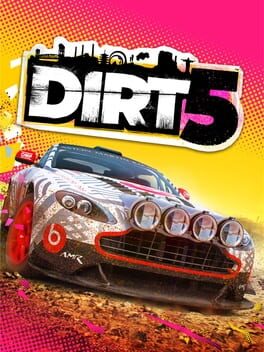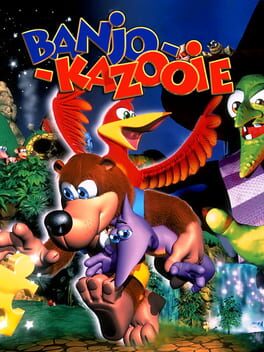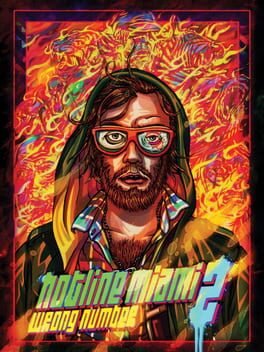callumjbyrne
BACKER
2023
Its influences are unmistakable, but Tour De Pizza’s electrifying and GREASY debut never once feels beholden to them. Where most independent titles come from a place of clear passion, Pizza Tower comes across as more of an obsession; a work in which the developers are obsessively in love with every single idea and image.
mission 1: bring lisa science project
...
mission 3: assassinate mister smithers
...
mission 3: assassinate mister smithers
1993
makes super mario bros., the single most important game of all time, look like a basic proof of concept by comparison
2022
ruff around the edges.
2018
celeste is two games;
the first is a brisk (but challenging) journey through eight chapters with a moving story to tell. it teases difficulty, but is never prohibitive. i think anyone can play it and would encourage everyone do, if they haven't.
the second game sits you down, looks you between the eyes and asks you if you really think you’re that good at the first.
throughout sixteen B and C-sides, mount celeste reveals itself as a fierce and imposing beast to be conquered. these stages can be tough—gruelling at times. but the top of the mountain always feels within reach, and that drive to overcome underlines how celeste expertly intertwines story and gameplay.
in my time with the game, I never once felt held back by its controls, hitboxes or design. only by my own skill—my focus, and precision. it is functionally perfect: a very special game.
the first is a brisk (but challenging) journey through eight chapters with a moving story to tell. it teases difficulty, but is never prohibitive. i think anyone can play it and would encourage everyone do, if they haven't.
the second game sits you down, looks you between the eyes and asks you if you really think you’re that good at the first.
throughout sixteen B and C-sides, mount celeste reveals itself as a fierce and imposing beast to be conquered. these stages can be tough—gruelling at times. but the top of the mountain always feels within reach, and that drive to overcome underlines how celeste expertly intertwines story and gameplay.
in my time with the game, I never once felt held back by its controls, hitboxes or design. only by my own skill—my focus, and precision. it is functionally perfect: a very special game.
a huge leap from the first game in pretty much every way — strikes the perfect balance in difficulty and collectables. the absolute sweet-spot
2020
I think one of the harshest things you can say about a game is that it has no personality. dirt 5 has some moments but is on the whole a pretty lifeless and unsatisfying experience.
(please please don't put unskippable podcast episodes in ur games)
(please please don't put unskippable podcast episodes in ur games)
1998
pure imagination—a spirited work of love and flair from a team at the peak of their creative talents. it is immediately and consistently apparent throughout banjo that every single crevice and corner in the game has been crafted with inspiration, care and pure passion, and while I enjoyed some worlds less than others, not one felt like an afterthought.
to me, it's held back from perfection by a few factors—particularly the slow and often slippy controls—but regardless, banjo is a truly rare and marvellous game: absolutely loaded with creativity, charm and wit, and wonderfully paced!
make a new one!!
to me, it's held back from perfection by a few factors—particularly the slow and often slippy controls—but regardless, banjo is a truly rare and marvellous game: absolutely loaded with creativity, charm and wit, and wonderfully paced!
make a new one!!
there was a point where i began to think i hated hotline miami 2. the wide-open stages left me exposed, with little room for the high-octane, door-bashing action that made hotline miami so riveting, and it wasn't until act four that things just... clicked. when I began to appreciate that what I thought were design problems were mostly rooted in my own notions of what this sequel should be—that this was not just more hotline miami—this was wrong number.
there are countless ways in which the game challenges the notions and expectations of the player, with gameplay the most evident. for the most part, wrong number replaces the freewheeling, anarchic gunplay of its predecessor with a design philosophy that forces the player to approach stages very differently. of course, you’re still kicking down doors and blowing off heads—but you’re also taking time to scope out each floor, assess every threat and possible path and creating a map—you’re strategising, in a way the previous game never emphasised.
the game relentlessly reinforces this new philosophy, often framing gameplay around cover-based shootouts and hide-and-seek combat in which you meticulously lure enemies to their demise. it’s not always explosive or visceral, but chilling and methodical. all-the-while, the game is keenly aware of when to simply let go and hand the player the relentless power trip they’re craving.
these contrasting gameplay approaches coalesce in act five’s climactic, explosive prison-breakout scene RELEASE: an exhilarating, chaotic, punishing experience—fuelled, as ever, by a phenomenal and bombastic soundtrack. it was one of many jaw-dropping and immensely satisfying moments this sequel delivers which require the player really pause and take a breather afterwards.
wrong number hones in on aesthetic and sound, forces the player to think differently and delivers a provocative—if not often difficult to follow—story. not every scene comes off as polished or satisfying as the very best, and it can at times feel unfairly frustrating, but the game is just so difficult to put down, always. it’s ultimately a deeply personal risk from the developers, that succeeds.
there are countless ways in which the game challenges the notions and expectations of the player, with gameplay the most evident. for the most part, wrong number replaces the freewheeling, anarchic gunplay of its predecessor with a design philosophy that forces the player to approach stages very differently. of course, you’re still kicking down doors and blowing off heads—but you’re also taking time to scope out each floor, assess every threat and possible path and creating a map—you’re strategising, in a way the previous game never emphasised.
the game relentlessly reinforces this new philosophy, often framing gameplay around cover-based shootouts and hide-and-seek combat in which you meticulously lure enemies to their demise. it’s not always explosive or visceral, but chilling and methodical. all-the-while, the game is keenly aware of when to simply let go and hand the player the relentless power trip they’re craving.
these contrasting gameplay approaches coalesce in act five’s climactic, explosive prison-breakout scene RELEASE: an exhilarating, chaotic, punishing experience—fuelled, as ever, by a phenomenal and bombastic soundtrack. it was one of many jaw-dropping and immensely satisfying moments this sequel delivers which require the player really pause and take a breather afterwards.
wrong number hones in on aesthetic and sound, forces the player to think differently and delivers a provocative—if not often difficult to follow—story. not every scene comes off as polished or satisfying as the very best, and it can at times feel unfairly frustrating, but the game is just so difficult to put down, always. it’s ultimately a deeply personal risk from the developers, that succeeds.
1998
This review contains spoilers
Quintessential PlayStation, for a reason.
i just wish the characters would stop talking sometimes
i just wish the characters would stop talking sometimes
